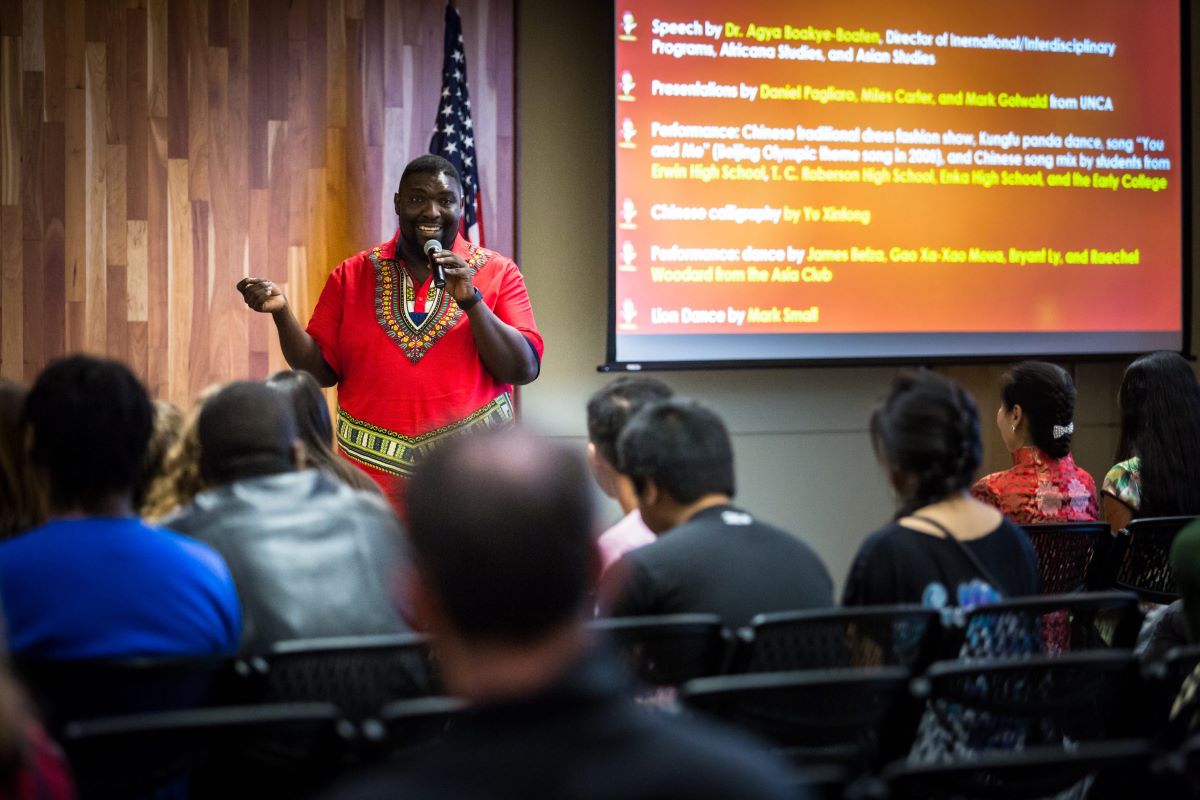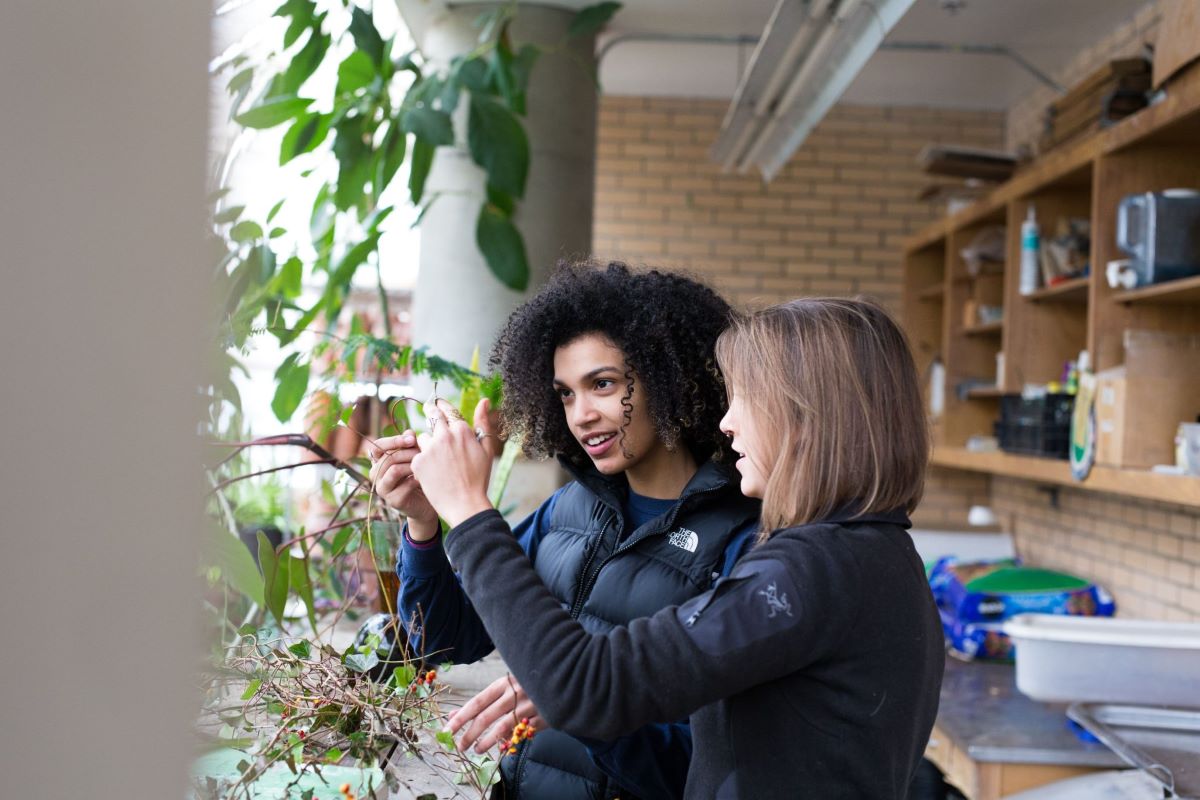Food, Food Systems, & Culture

Why Pursue a Certificate in Food, Food Systems, & Culture?
The Interdisciplinary Certificate in Food, Food Systems, and Culture focuses on developing the student as an informed consumer of food by providing a platform for discussion of what we eat, why we eat, where our food comes from and its journey from production to consumption, and how food affects our bodies, health and lives.
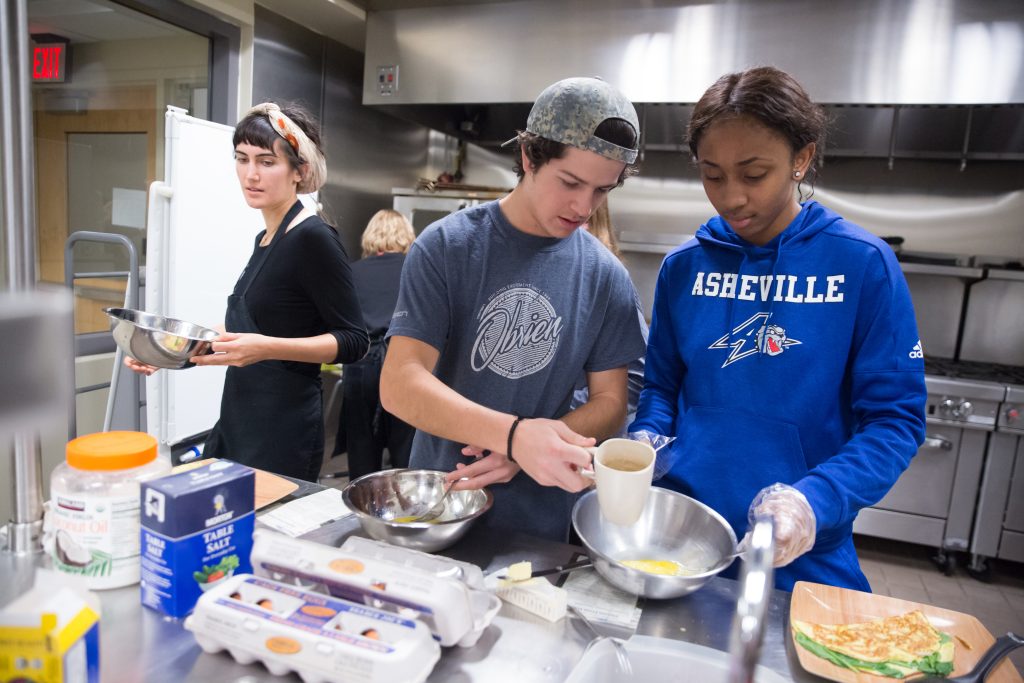
Curriculum
he Food, Food Systems and Culture Certificate requires the completion of a minimum of 4 courses and 12 semester hours as follows. All courses used for the certificate must be completed at UNC Asheville. The certificate may only be completed in conjunction with the completion of an undergraduate degree at UNC Asheville. At least one course must be chosen from the listing of Food-focused courses. Food-focused courses have food, food systems or food culture as a central theme and consistently offer students an intentionally interdisciplinary experience (e.g. cross-course project or other high impact pedagogical practice). The remaining three or more courses may be chosen from Food-focused or Food-related courses, following the distribution guidelines required of all interdisciplinary certificates. Other courses may be substituted with approval of the certificate coordinator. Sample courses include Plants and Humans (biology), The Food of Chemistry, Food Politics and Nutrition Policy, and Pathophysiology of Chronic Conditions and Illnesses.
Food-Focused Courses
Complete one course from:
|
Study of introductory botany and uses of plants by humans. Topics include environmental issues, nutrition, biotechnology, agriculture, drugs, and culinary and medicinal herbs. Presented with an emphasis on fundamental concepts in science while also stressing social issues that arise from our relationship to plants. Lectures are supplemented by outdoor activities. Spring.
|
|
A lecture and laboratory course that incorporates chemistry content and experimentation with food and food-related issues. Topics covered include molecular structure and bonding, intermolecular interactions, energy, molecular reactions and stoichiometry. Students will utilize the scientific method to evaluate the physical and chemical properties and changes involved in food and cooking and how these properties and changes are dictated by molecular structure. Students do not need a strong math background to enroll. Fall.
|
|
An introduction to the theory of the production and consumption of food. Topics include the role of agricultural and food policy in domestic and international food markets, food aid, the economics of food security, consumer behavior around food purchasing, the economics of obesity, challenges associated with building a sustainable food system, and world food problems such as famines and perpetually repressed agricultural productivity. Students will be required to participate in group-based discussion, critical thinking activities, contemplative practices, and/or cross-course activities. See department chair.
|
|
An introduction to the principles of nutrition science and their application to healthy lifestyles. This course addresses food and nutrients and how they interact with the body through digestion, absorption, metabolism, support of body functions and waste removal. With a focus on dietary patterns for disease prevention, the course addresses controversies on how eating habits can promote health and improve quality of life. Other topics covered include the gut microbiome, food and the environment, nutrition and exercise, changing nutritional needs over the course of the life, and the tradition of food as medicine. Every year.
|
|
An exploration of how corporate, government, and consumer interests affect nutrition and health policy, and how individuals and non-profits influence nutrition and health policy to promote consumer health. The course addresses how nutrition and health policies were developed in the United States and how these policies are modified as a result of health advocacy. The course also addresses the interrelationships between food production and manufacturing practices, human health and environmental health. Odd years Fall.
|
Food-Related Courses
The remaining three or more courses may be chosen from Food-focused or Food-related courses, following the distribution guidelines required of all interdisciplinary certificates. Other courses may be substituted with approval of the certificate coordinator.
|
A review of agriculture production systems and their environmental consequences, ranging from highly intensive industrial food production to more sustainable approaches, including organic agriculture, agroecology, biodynamic agriculture, and permaculture. Course includes field trips to local farms. Students will plant and maintain a Fall garden. Odd years Fall.
|
|
The study of chronic conditions and illnesses that could be improved or prevented through appropriate lifestyle choices. Topics include cardiovascular disease, the metabolic syndrome, diabetes, cancer, respiratory illnesses, obesity, osteoporosis, depression, stress and anxiety. Emphasis is placed on theories of etiology, current assessment, evidence-based treatment protocols, and health prevention initiatives. This course includes evaluation of research and efficacy of treatment strategies. Prerequisites: HS 234 or BIOL 338; HS 245; STAT 185. Fall and Spring.
|
|
Provides an overview of gender studies in sociology. Drawing on the premises of social constructionism and critical theory, the course examines the micro- and macro- levels of the creation and maintenance of a binary system of gender. Major course themes include gender socialization, the micro-politics of gender, the social construction of gender, gender and intersecting identities, gender stratification, matrices of oppression and institutional processes. Every year.
|
Careers & Outcomes

Careers & Outcomes
Versatile and customizable, an Interdisciplinary Certificate allows students to develop a unique skill set that combines knowledge and perspectives from multiple disciplines. The Interdisciplinary Studies department equips students with problem-solving skills that address contemporary societal issues on both local and global levels. This prepares them for various career paths, including government, business, law, humanitarian organizations, journalism, the arts, teaching, and many more. Graduates have attained careers in a range of industries as well as entrance into graduate programs at renowned universities.
Outside the Classroom

Outside the Classroom
Our program emphasizes hands-on learning beyond the four walls of the classroom. Unlike many other universities, more than 65% of UNC Asheville students complete undergraduate research, and our Undergraduate Research Program (URP) helps to facilitate these projects. We also promote global citizenship among students through the Study Abroad Program. As a member of the International Student Exchange Program (ISEP), we provide opportunities for students to study at over 200 universities in more than 40 countries.
Clubs & Organizations

Clubs & Organizations
UNC Asheville offers an inclusive community with over 60 student clubs and organizations, providing ample opportunities for Interdisciplinary Studiesmajors to engage with their peers and enhance their college experience. For example, Asian Students in Asheville (A.S.I.A.) is a dynamic organization that represents the growing population of Asian/Asian-American and Pacific Islander students at UNC Asheville through a variety os social, cultural, and educational events.
I can completely customize the majority of my major classes and tailor it to exactly the type of knowledge I will use in the non-profit sphere. You end up having almost total control over your degree, which is super cool.
Faculty
Experienced and dedicated faculty support your academic and personal growth and enrich UNC Asheville’s Interdisciplinary Studies program. Our faculty members bring a wealth of knowledge and expertise from diverse ethnicities and nations of origin, languages, and academic disciplines, ensuring a well-rounded and engaging learning experience.
Sonia Kapur, Ph.D.
Interim Chair of Interdisciplinary, International Studies; Sara and Joseph Breman Professor
Office: 207 Zeis Hall
Phone: 250-3943
Email: skapur@unca.edu
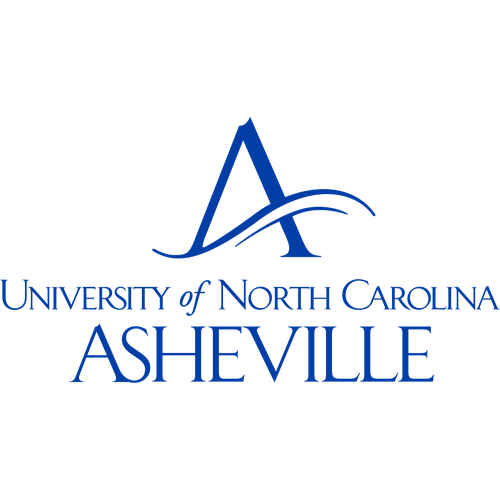
Amanda Wray, Ph.D.
Director of Women, Gender, and Sexuality Studies; Associate Professor of Interdisciplinary Studies
Office: 213 Karpen Hall
Phone: 251-6412
Email: awray1@unca.edu
Office Hours:
Monday 10:30 am – 11:00 am
Wednesday 10:30 am – 11:30 am
Thursday and Friday office hours are online by appointment.
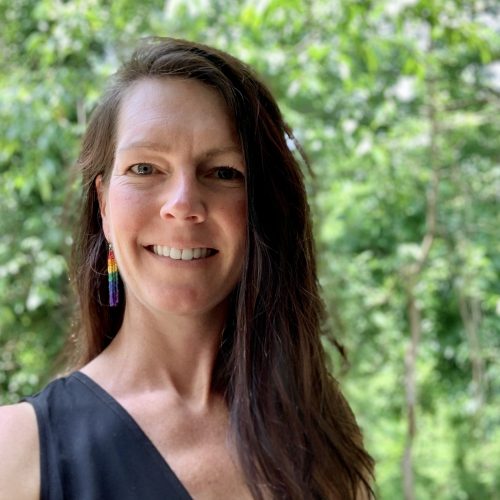
Renuka Gusain, Ph.D.
Assistant Professor of Interdisciplinary; International Studies and Humanities; HUM 214 Coordinator; CTL Faculty Fellow 2025-27
Office: 216 Zeis Hall
Phone: 250-3952
Email: rgusain@unca.edu
Office Hours:
Monday 8:30 am – 9:30 am
Wednesday 9:30 am – 10:45 am
Or by appointment

Surain Subramaniam, Ph.D.
Professor of International & Asian Studies
Office: 212 Zeis Hall
Phone: 232-2409
Email: surain@unca.edu

Emily Herzog
Administrative Assistant, Vice Chair of Employee Belonging and Wellness
Office: 205 Zeis Hall
Phone: 250-3955
Email: eherzog@unca.edu

Related Programs
Ready for what's next?
Interdisciplinary Studies at UNC Asheville empowers you to explore diverse subjects, merge ideas from various fields, and discover unexpected connections that can shape the future. Our program is a gateway to a world of boundless possibilities, where you can delve into the intersection of art and science, business and sustainability, technology, and social impact.
